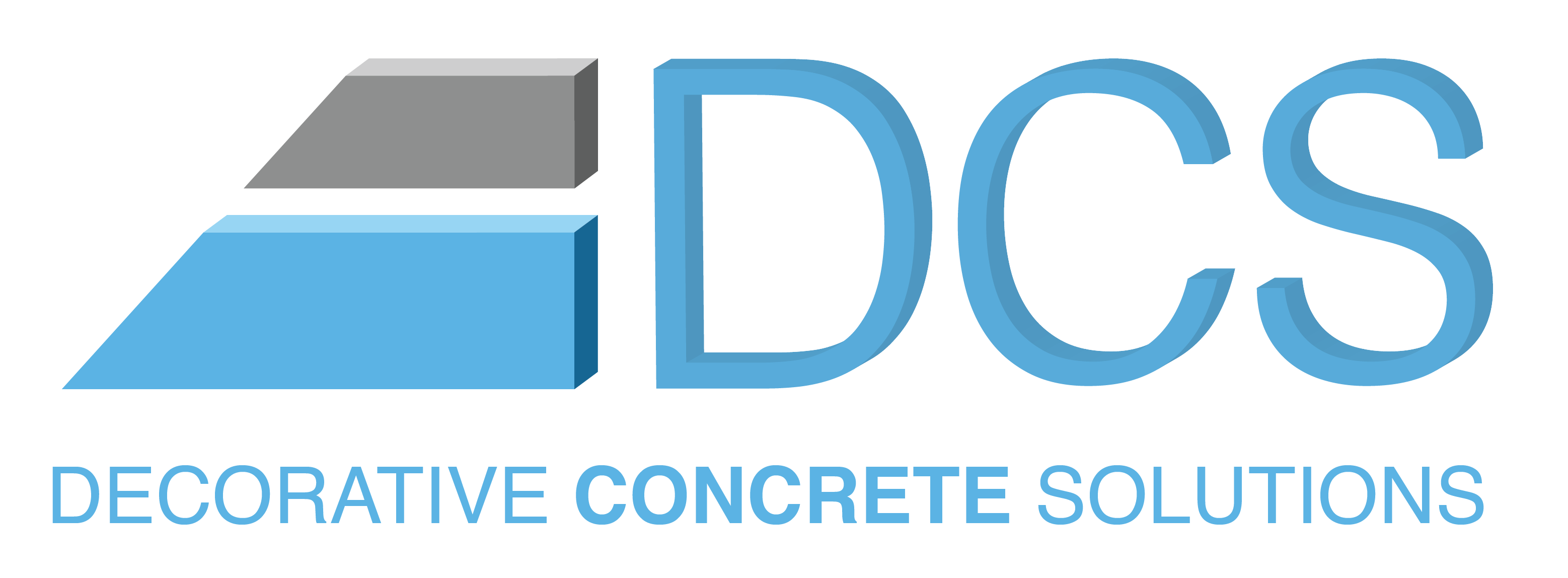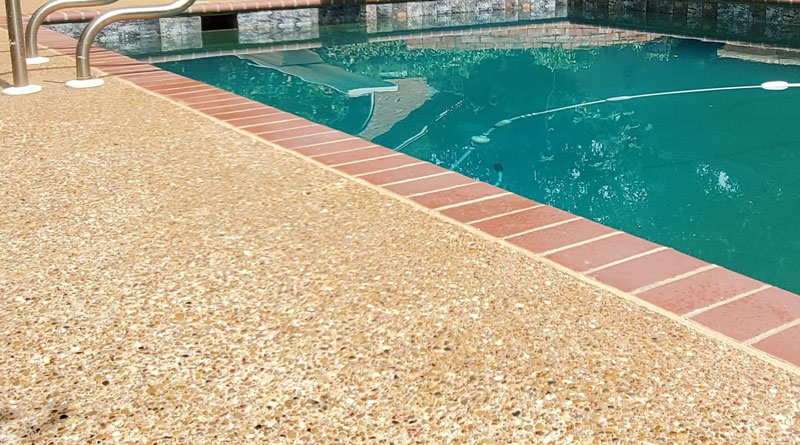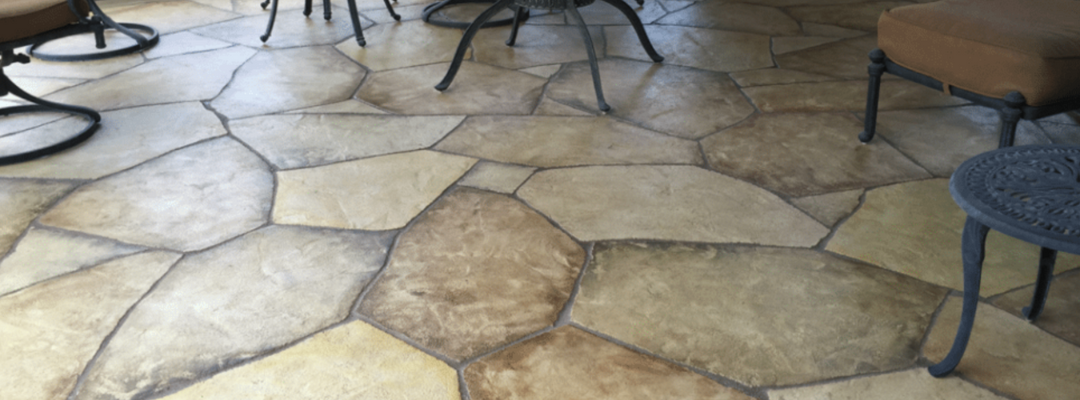Are you ready to transform your space with stunning decorative concrete solutions? As someone who has explored various types of decorative concrete, I can assure you that there are endless possibilities to enhance your home or business. In this guide, we’ll delve into everything you need to know about decorative concrete, from techniques to benefits, and how to choose the right solution for your needs.
What is Decorative Concrete?
Decorative concrete refers to the process of enhancing the appearance of concrete surfaces to create a more visually appealing finish. This can include techniques like stamping, staining, polishing, and resurfacing, which can transform plain concrete into beautiful, functional surfaces.
Types of Decorative Concrete Solutions
- Stamped Concrete
- Stained Concrete
- Polished Concrete
- Concrete Overlays
- Concrete Countertops
Benefits of Decorative Concrete
Choosing decorative concrete comes with a plethora of benefits. Here’s why you should consider it for your next project:
1. Aesthetic Appeal
One of the main reasons homeowners opt for decorative concrete is its beauty. With a range of colors, textures, and finishes, you can achieve any look you desire.
2. Durability
Concrete is known for its strength and longevity. When treated with decorative techniques, it becomes even more resilient against wear and tear.
3. Affordability
Compared to other flooring options like natural stone or tile, decorative concrete is often more affordable while still providing a luxurious look.

4. Versatility
Decorative concrete can be used in various applications, including patios, driveways, walkways, flooring, and countertops.
5. Low Maintenance
With proper sealing and occasional cleaning, decorative concrete requires minimal maintenance compared to other surfaces.

Common Decorative Concrete Techniques
Let’s dive deeper into the techniques that can help you achieve the decorative concrete finish of your dreams:
Stamped Concrete
This technique involves pouring a slab of concrete and then stamping it with textures and patterns to mimic natural stone, brick, or tile.
Pros and Cons of Stamped Concrete
| Pros | Cons |
|---|---|
| High aesthetic versatility | Can crack if not installed properly |
| Cost-effective | Requires sealing to maintain its beauty |
| Quick installation | Limited color options compared to other methods |

Stained Concrete
Staining is a process that infuses color into the concrete surface to create a rich, translucent finish that highlights the texture of the concrete.
Pros and Cons of Stained Concrete
| Pros | Cons |
|---|---|
| Brilliant color options | May fade over time without proper care |
| Enhances existing concrete | Requires preparation for best results |

Polished Concrete
This process involves grinding the surface of the concrete to a high sheen, giving it a smooth finish that is both beautiful and functional.
Pros and Cons of Polished Concrete
| Pros | Cons |
|---|---|
| Durable and long-lasting | Can be slippery when wet |
| Reflective surface enhances lighting | Higher initial installation cost |

Concrete Overlays
Concrete overlays are a cost-effective way to resurface existing concrete and can be applied in various patterns and colors.
Pros and Cons of Concrete Overlays
| Pros | Cons |
|---|---|
| Revives old concrete | Limited durability compared to poured concrete |
| Variety of styles available | Requires professional application for best results |

Concrete Countertops
Concrete can be molded into countertops, allowing for unique shapes and colors that can match your kitchen or bathroom décor perfectly.
Pros and Cons of Concrete Countertops
| Pros | Cons |
|---|---|
| Customizable design | Can stain easily if not sealed |
| Highly durable | Requires periodic sealing |

How to Choose the Right Decorative Concrete Solution
Choosing the right decorative concrete option can be daunting, but following these steps can simplify the process:
Assess Your Space
Consider the current conditions of your existing concrete. Is it cracked? Is it structurally sound? This will influence your choice.
Define Your Aesthetic Goals
What look are you trying to achieve? Do you prefer a modern look or something more rustic? Knowing your style will guide your decisions.
Consider Budget and Maintenance
How much are you willing to invest? Remember to factor in maintenance costs as well. Some solutions require more upkeep than others.
Consult with Professionals
Don’t hesitate to seek professional advice; experts can provide insights based on your specific space and needs.
Decorative Concrete Comparison Table
| Technique | Aesthetic Appeal | Durability | Maintenance | Cost |
|---|---|---|---|---|
| Stamped Concrete | High | High | Moderate | $ – $$ |
| Stained Concrete | High | Moderate | Low | $ – $$ |
| Polished Concrete | High | Very High | Low | $$ – $$$ |
| Concrete Overlays | Varies | Moderate | Moderate | $ – $$ |
| Concrete Countertops | Very High | High | Moderate | $$ – $$$ |
FAQs about Decorative Concrete Solutions
What is the lifespan of decorative concrete?
With proper care and maintenance, decorative concrete can last for decades, often up to 30 years or more.
Is decorative concrete slippery?
Some finishes, like polished concrete, can be slippery when wet. However, there are treatments and textures available to improve traction.
Can I install decorative concrete myself?
While some DIY enthusiasts might attempt decorative concrete, many techniques benefit from professional installation for the best results.
How do I maintain my decorative concrete?
Regular cleaning, applying sealant, and avoiding harsh chemicals will help maintain the beauty and integrity of your decorative concrete surfaces.